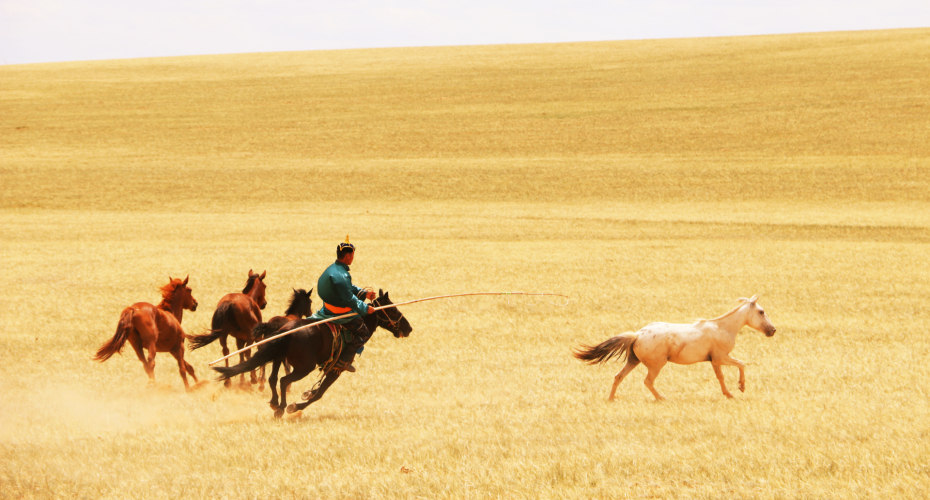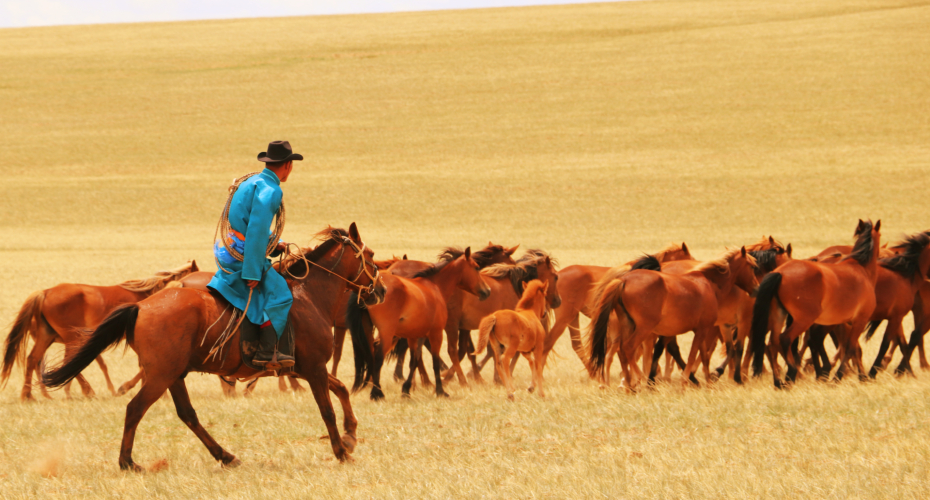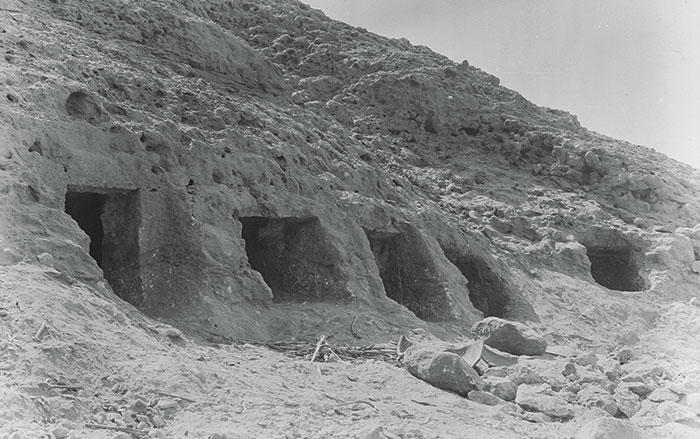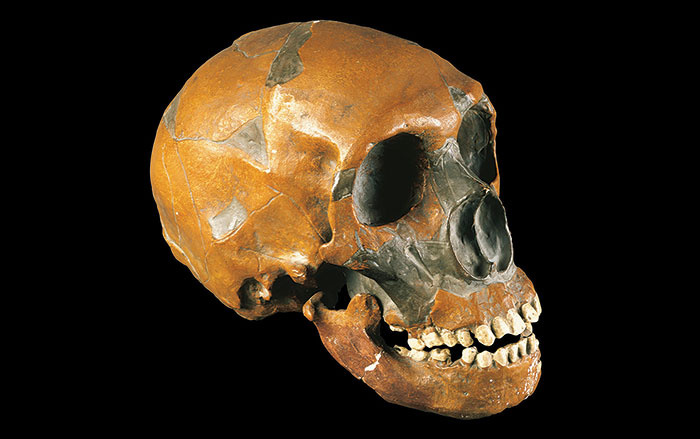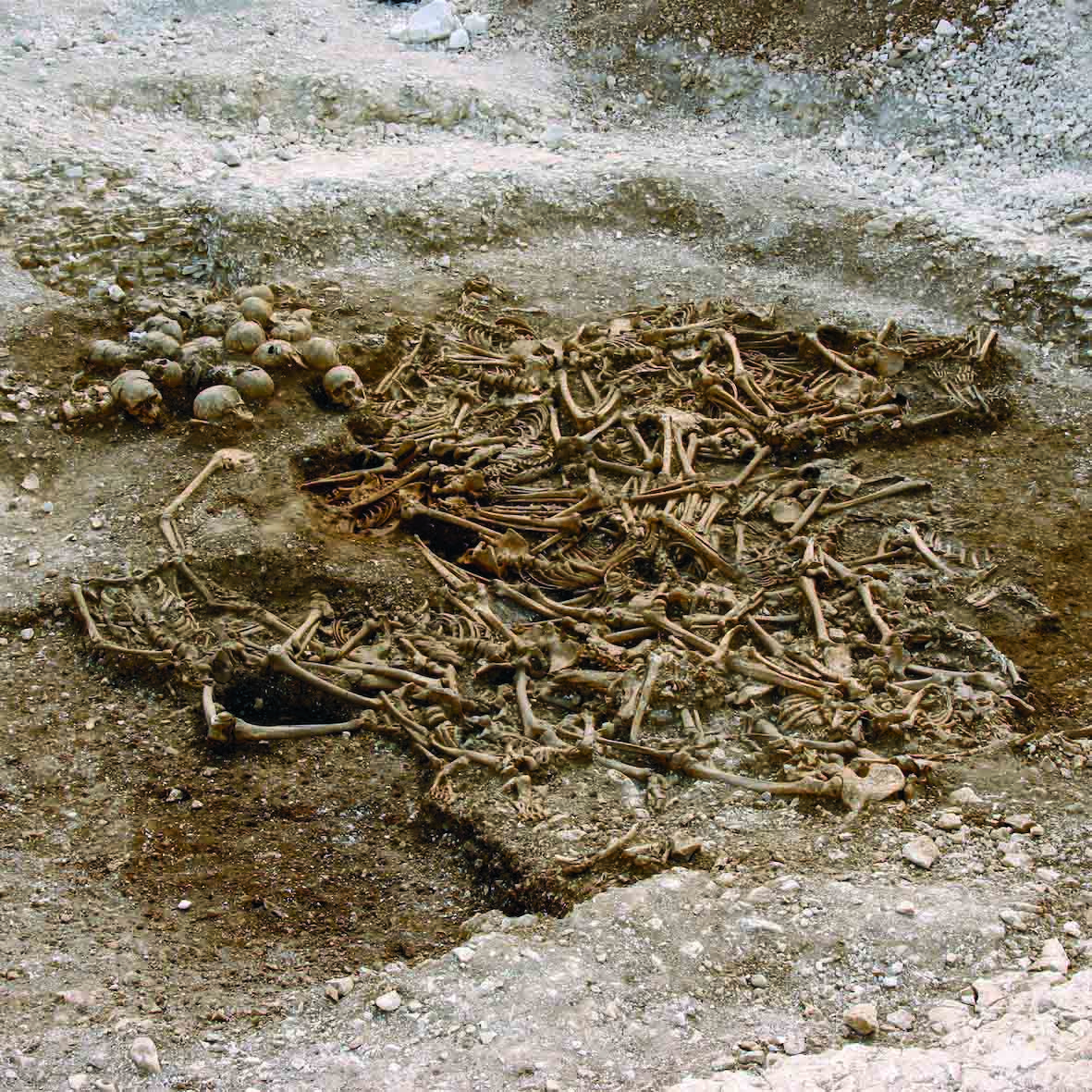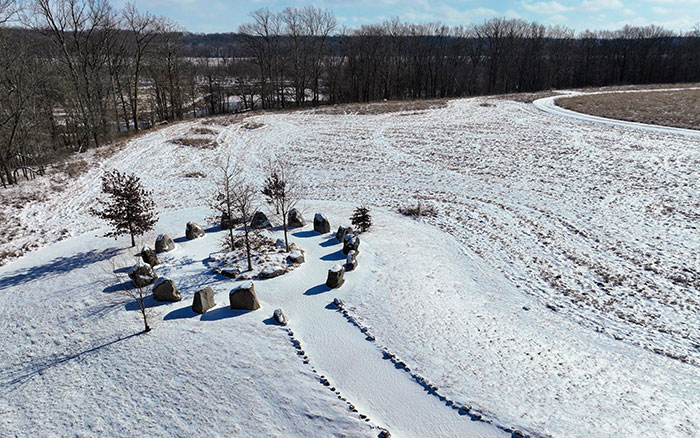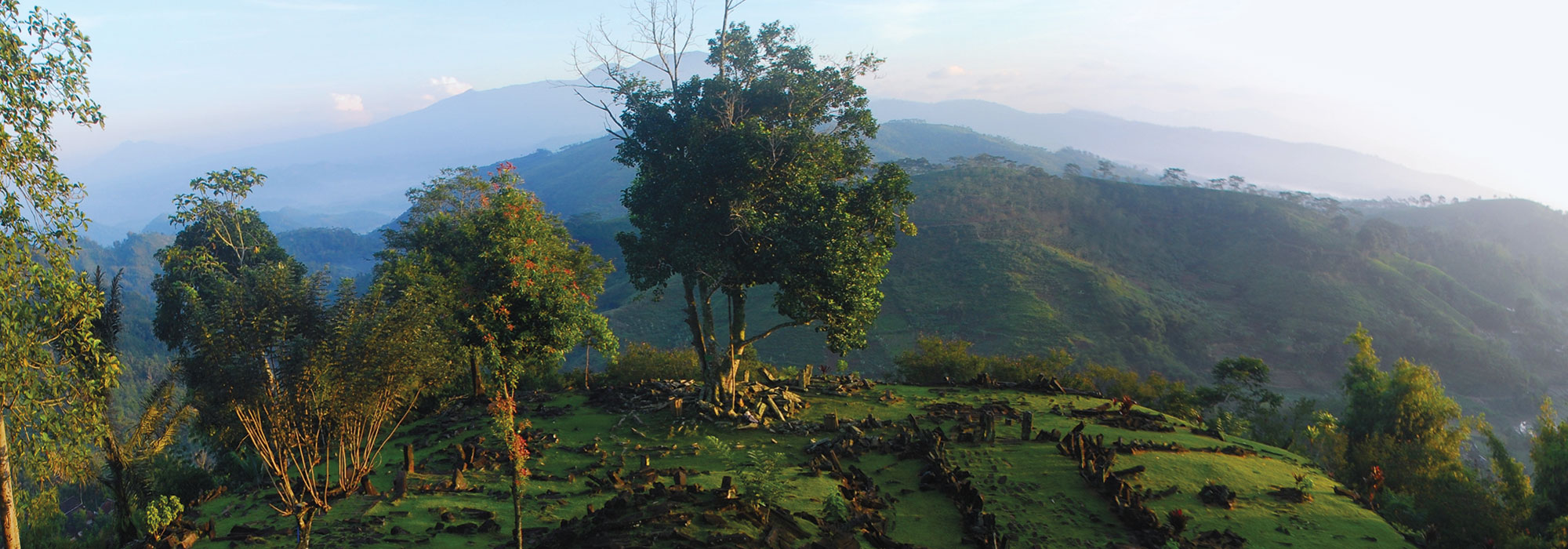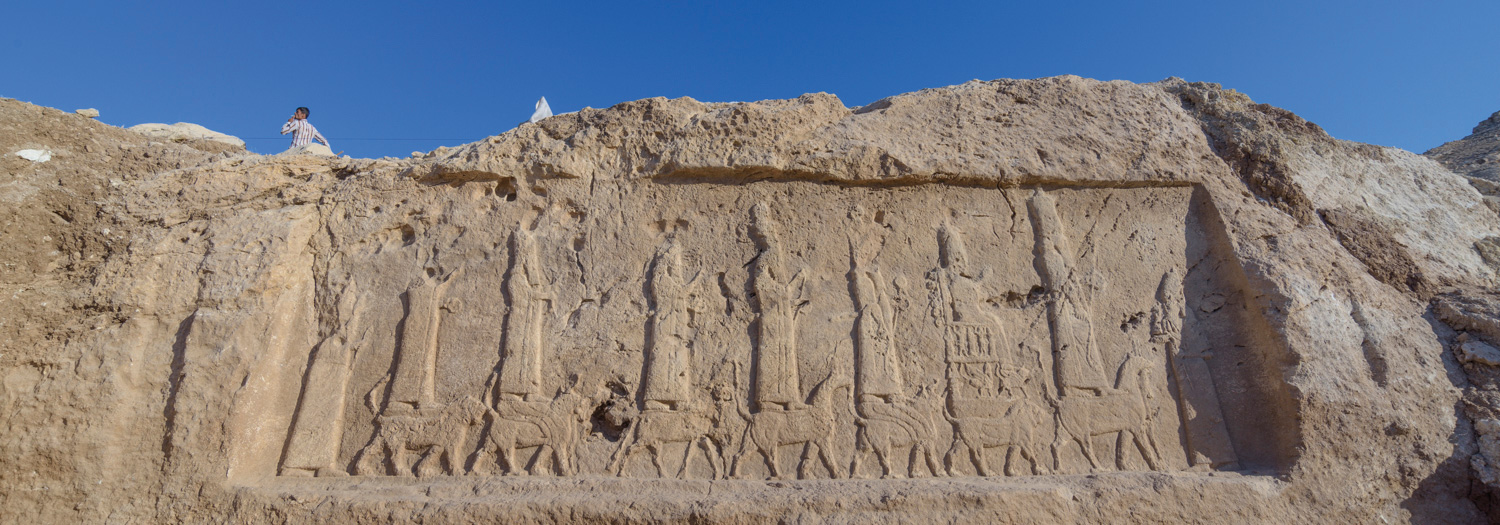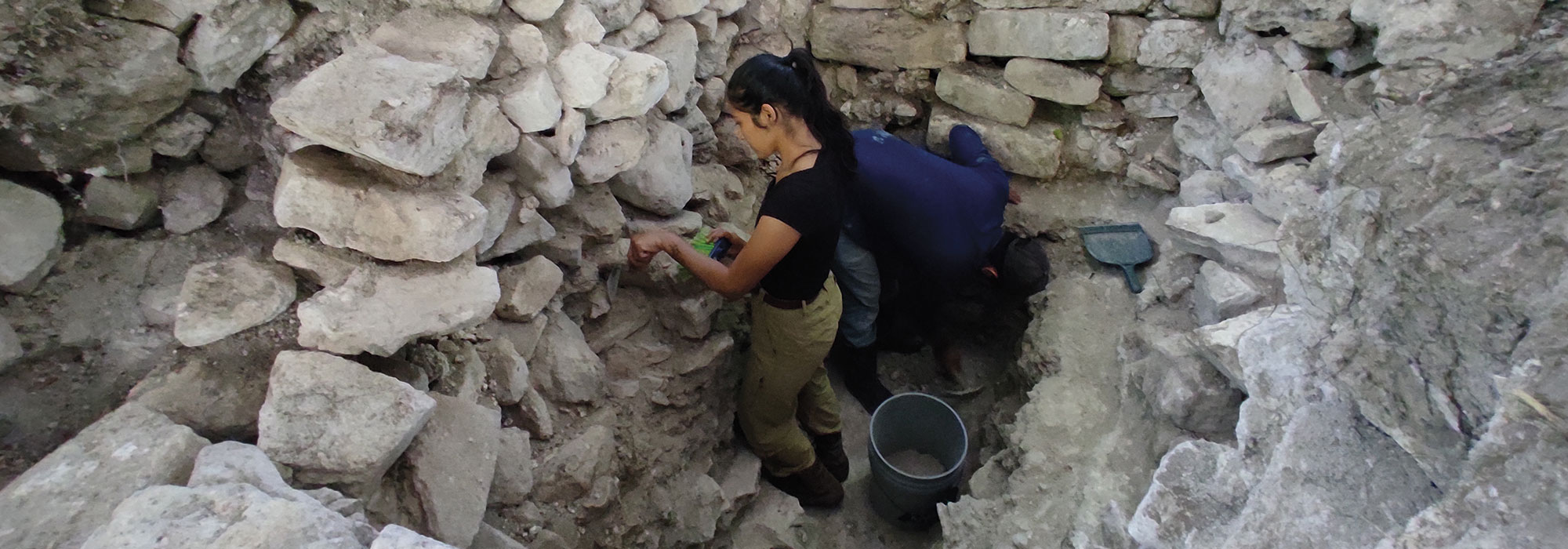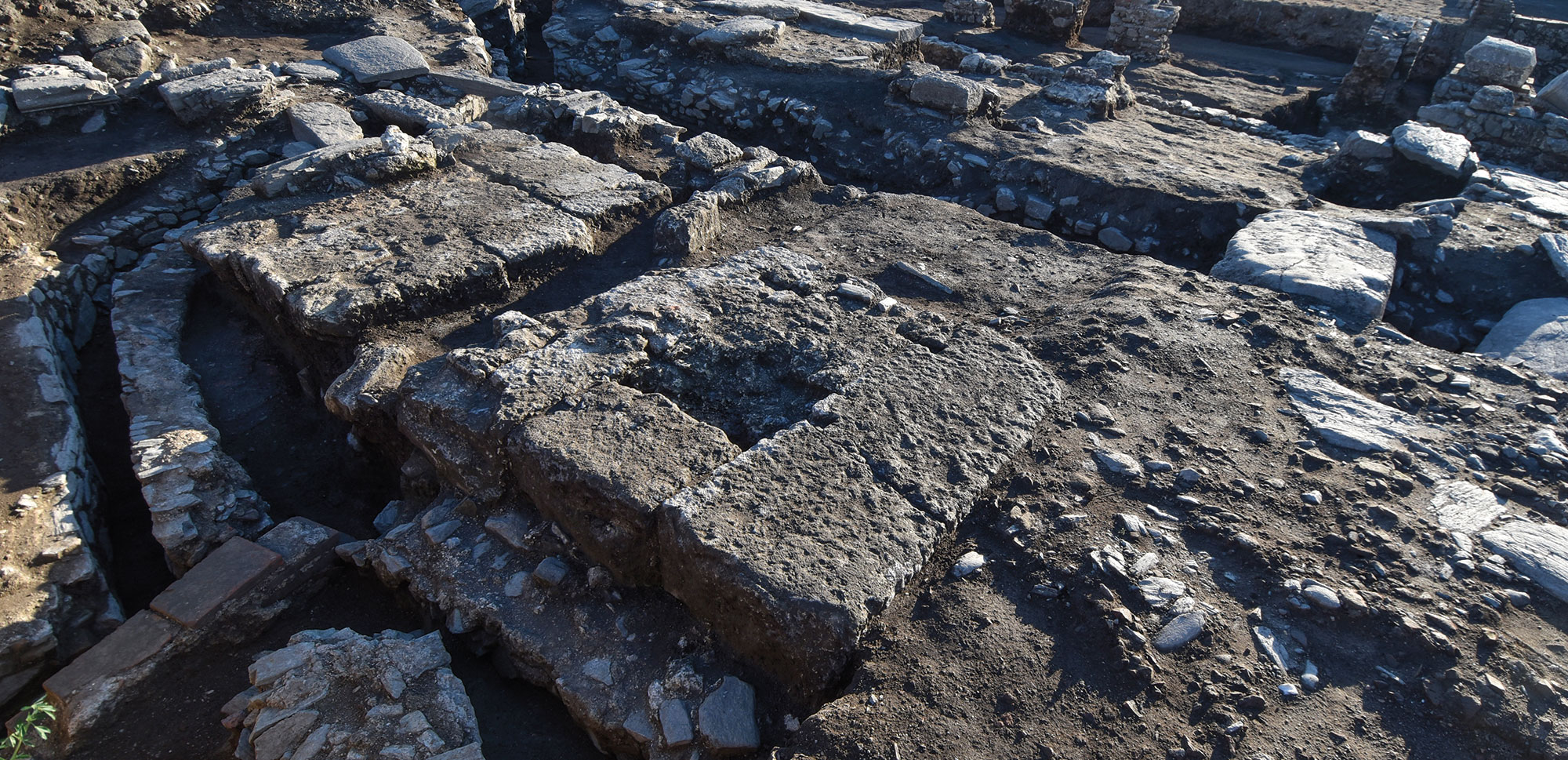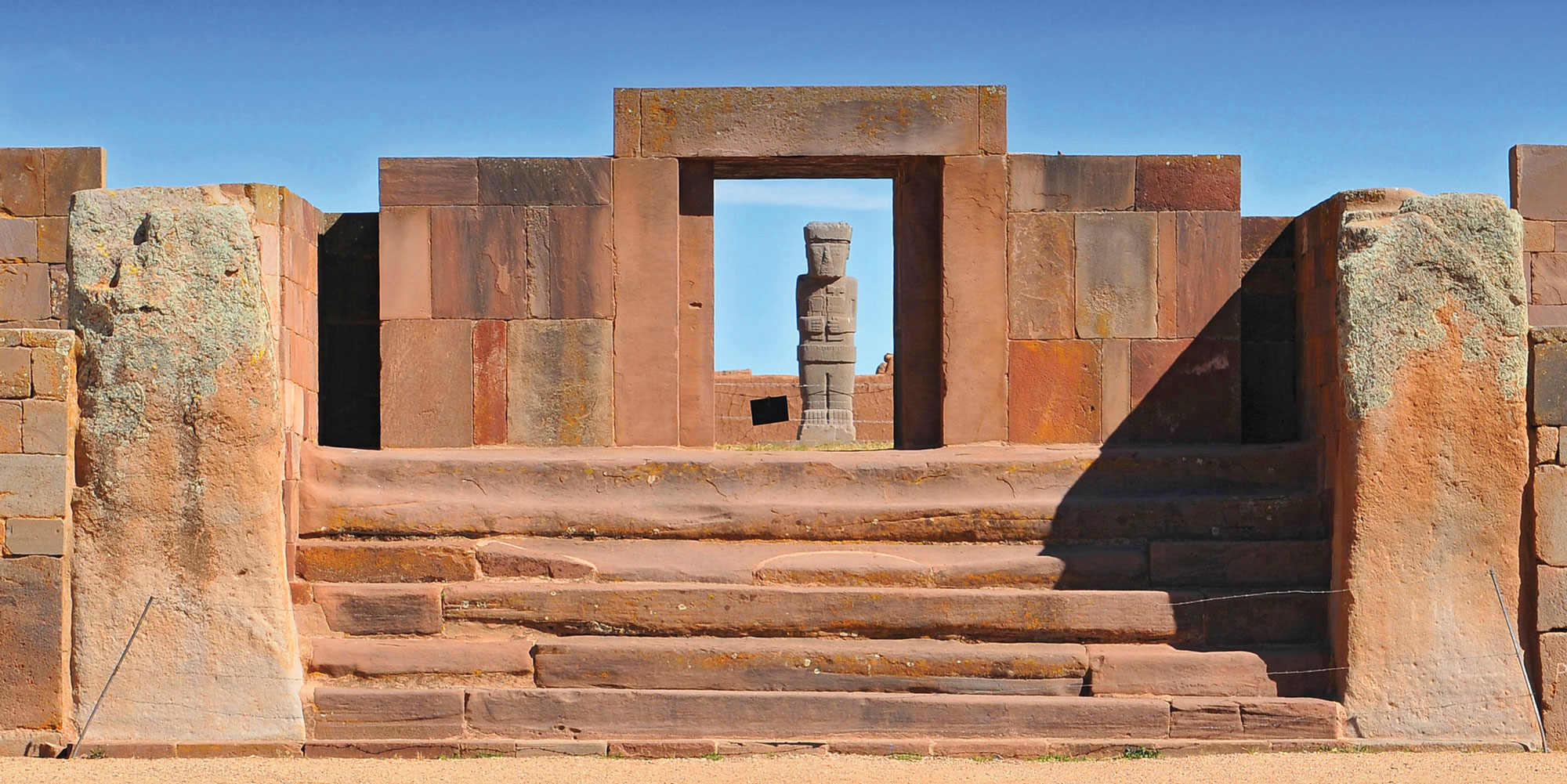TOULOUSE, FRANCE—According to an IFL Science report, an international team of researchers coordinated by Ludovic Orlando of the Centre of Anthropobiology and Genomics of Toulouse, the French National Center for Scientific Research, and the University of Paul Sabatier radiocarbon dated the bones and analyzed the genomes of 475 ancient horses recovered from different locations across the Eurasian continent. The researchers looked for evidence of the spread of the ancestors of modern domestic horses, signs of human intervention in horse breeding, and the recombination of mutations in the genomes in order to determine the interval between generations. The study suggests that domestic horses were first produced in large numbers some 4,200 years ago. “Breeders controlled the reproduction of the animal so well that they almost halved the time interval between two generations,” Orlando said. “Put simply, they were able to accelerate the breeding process, effectively doubling their production rate,” he explained. Pablo Librado of the Institute of Evolutionary Biology of Barcelona added that the technique that the scientists developed to measure changes in generation times could also be used to analyze the development of other domesticated animal species, and perhaps even shifts in hunter-gatherer populations brought about by climate changes or changes in lifestyles. Read the original scholarly article about this research in Nature. For more on the importance of horses throughout human history, go to "The Story of the Horse."
